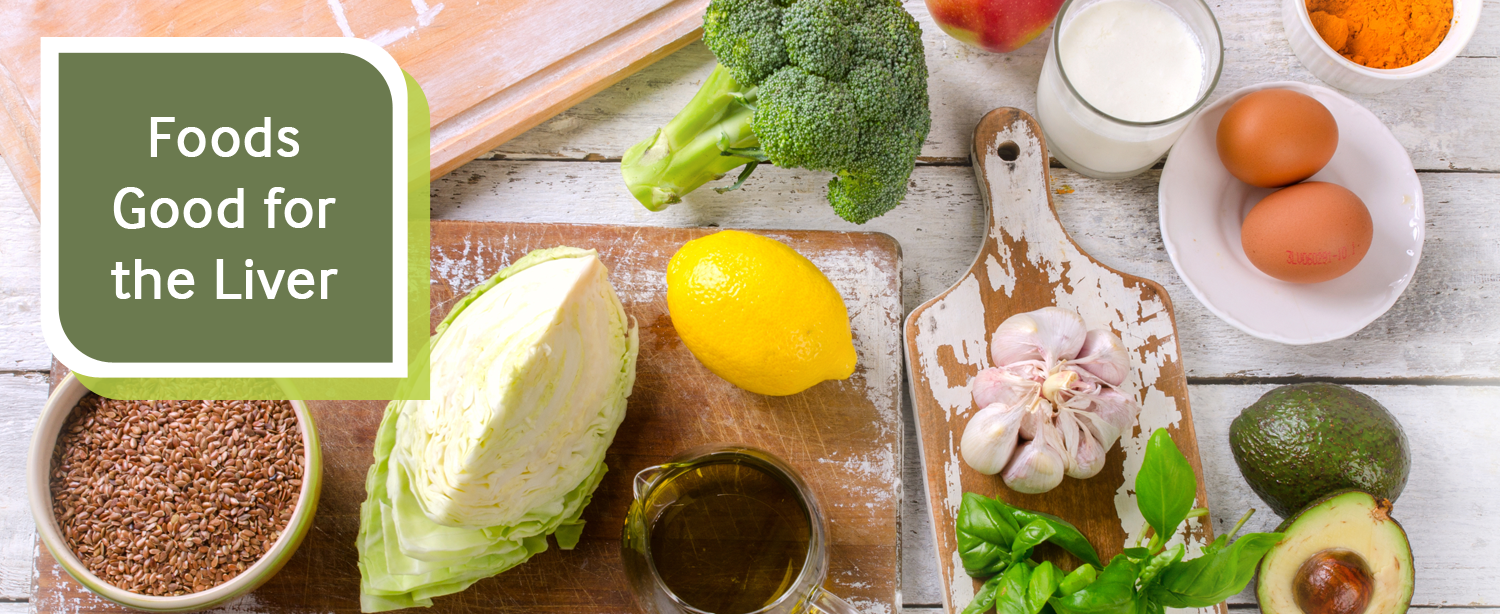A functioning liver works as your bodies’ fat-burning organ: It converts nutrients from the food you eat into essential blood components, storing vitamins and minerals and producing proteins and enzymes to maintain hormone balances in your body. Your liver also helps your immune system fight infections, remove bacteria from the blood and make bile, which is essential for digesting meals. Mistreating your liver can raise the risk of obesity, cardiovascular disease, chronic fatigue, headaches, digestive problems, allergies and many other ailments, which is why keeping your liver healthy is of vital importance.
Garlic, which has a high amount of allicin and selenium, helps your liver activate enzymes that can flush out toxins.
One of your most powerful allies in cleansing the liver is leafy greens, which can be eaten raw, cooked, or juiced. Extremely high in chlorophyll, greens soak up environmental toxins from the bloodstream and have the ability to neutralise metals, chemicals and pesticides that may be in your foods, acting as a protective mechanism for the liver. Incorporate leafy greens such as bitter gourd, spinach and mustard greens into your diet as this will increase creation and flow of bile—the substance that removes waste from the organs and blood.
Eating or drinking grapefruit juice can help your liver flush out carcinogens and toxins. This fruit is also high in both vitamin C and antioxidant properties.
In relation to fruits rich in vitamin C, citrus fruits like lemons and oranges also help your body cleanse out toxic materials and aid the digestion process.
Beets are high in plant-flavonoids, while green tea is full of plant antioxidants known as catechins, both of which have been known to improve the functions of your liver. Just remember that green tea offers the benefits, not green tea extract. Some research suggests green tea extract may actually have a negative effect on liver health.
Adding more avocados to your diet can help your body produce a type of antioxidant called glutathione, which is needed for your liver to filter out harmful materials.
Cruciferous veggies like broccoli, cabbage and Brussels sprouts also increase the amount of glucosinolate (organic compounds) in your body that helps create enzyme production for digestion.
Turmeric has been known to help the body digest fats and stimulate the production of bile. It can also act as a natural form of detox for your liver.
Walnuts are also high in glutathione and omega-3 fatty acids, which help support your liver through its cleansing process.
Avoiding an excessive consumption of tobacco, alcohol, coffee and white sugar and adding in low-impact exercises (like daily walks) and drinking lots of water are additional ways to ensure good liver health.
Often referred to as the gatekeeper of the body, it is important to remember that although the immune system protects your body from many dangers, it is the liver that protects the immune system from becoming overloaded.
Contact our Nutrition Department to create a liver-friendly diet that ensures maximum health!
https://www.kokilabenhospital.com/departments/clinicaldepartments/nutrition.html


